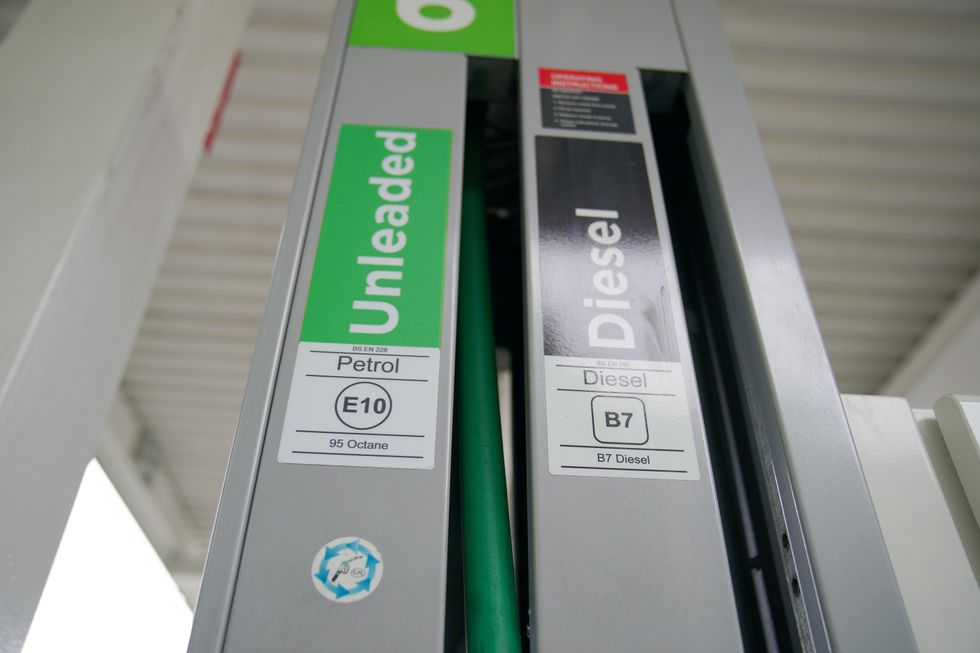British drivers may face new EU vehicle rules to target petrol and diesel cars

Key European nations called for the resolutions to be watered down to protect the car industry
Don't Miss
Most Read
Petrol and diesel drivers in the UK could soon see new emissions standards from Europe, potentially within the next two years.
Earlier this week, ministers from the European Union agreed to water down a European Commission proposal on new vehicle emissions rates.
Eight key nations, including France and Italy, called for the plans to be “diluted” so investment wouldn’t be diverted from the electric vehicle industry.
Euro 7 would be the latest standard to be introduced, with most other emissions regulations being common across Europe.
WATCH NOW: Reaction to new emissions zones
Even though the UK left the European Union through Brexit, the Government will continue to use the Euro standards to monitor vehicle emissions.
The Euro emissions standards apply to any new vehicle manufactured in Europe and the UK.
Euro regulations aim to increasingly limit air pollution from vehicles, with new vehicles needing to adhere to the latest standards.
The eight members of the EU stated that pollution from combustion engines would hamper development and investment away from electric cars.
According to Reuters, the EU countries agreed not to change the existing Euro 6 test conditions and emissions limits.
There were plans for changes to Euro 6 for cars and vans but they will only be lowered for buses and heavy vehicles.
Adolfo Urso, Italian industry minister, praised the new regulations, saying it would make it possible to safeguard the automotive supply chain.
He added that it would have a positive impact on Italian production for brands like Ferrari, Lamborghini and Maserati, which produce around 50,000 vehicles a year.
The European Council, European Parliament and European Commission now need to negotiate a final agreement.
Sigrid de Vries, director of the European Automobile Manufacturers Association, said the Euro 7 decision was positive but more needed to be done.
She continued, saying: “The member states’ position is an improvement on the European Commission’s Euro 7 proposal – which was entirely disproportionate, driving high costs for industry and customers, with limited environmental benefits.
“The Council’s aim to continue the effective Euro 6 tests is sensible.
“However, compared to what is in place today, Euro 7 is much broader for new cars, vans and, in particular, heavy-duty vehicles, requiring significant engineering and testing efforts.”
LATEST DEVELOPMENTS:

Petrol and diesel drivers are likely to be affected by the change
|PA
Héctor Gómez Hernández, Spain's acting minister for industry, trade and tourism, added: “Our position is to continue the path of leading the mobility of the future and adopting realistic emissions levels for the vehicles of the next decade while helping our industry make the definitive leap towards clean cars in 2035.”










